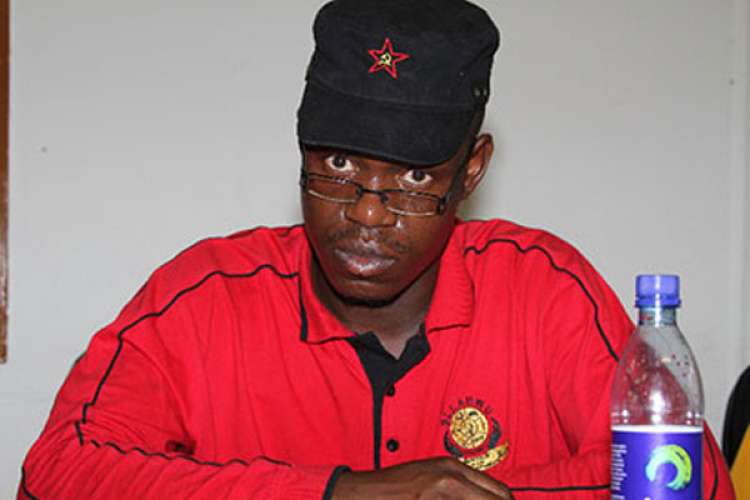Union leaders betraying workers struggle
Botswana Federation of Public Service Unions (BOFEPUSU) is yet to assess the extent to which Umbrella for Democratic Change (UDC) Members of Parliament have kept their promise regarding workers’ interests.
The two entered some form of relationship prior to last year’s general election, which led to the coalition’s electoral success and dismal performance of the ruling Botswana Democratic Party (BDP), which could only get 47 percent of the popular vote. The remaining 53 percent went to the opposition. This translated into 37 and 20 parliamentary seats respectively. Asked if UDC MPs have kept their side of the bargain since ascending to Parliament through the support of workers, BOFEPUSU deputy secretary general, Ketlhalefile Motshegwa says: “We are yet to make a comprehensive evaluation of our relationship with UDC before we make a pronouncement on that.” He says their committee will sit down and look at “Our expectations regarding UDC MPs and measure them against the motions and questions asked by the UDC MPs raised in our name.”
But Wynter Mmolotsi, one of the UDC MPs, says BOFEPUSU should not and will never regret its decision to endorse the coalition. According to him, the workers supported the UDC because the coalition MPs always represented the interests of the workers even before the general election. “The first ever petition from the workers was presented by me,” says Mmolotsi. He believes that UDC MPs proved their understanding of the interest of the workers during both the State of the Nation address and Budget speech. “Time and again, when a labour-related matter is brought to parliament, we meet workers representatives to get their position on it. We have never missed an opportunity to be the voice of the workers,” he says in an interview. This year’s Labour Day (May Day) is the first one after the 2014 general elections in which government employees, particularly those under BOFEPUSU worked openly with the opposition to achieve a change of government after they were refused a 16 percent salary increment.
During the 2011 historic strike, the government workers under BOFEPUSU held public rallies which were patronised by leaders of the opposition eager to benefit from the thousands of angry workers who were annoyed by what they considered an intransigent government. BOFEPUSU leaders, hoping to help usher in a government friendly to the workers, also insisted on opposition party cooperation in return for votes from the 90, 000 or so workers in the 2014 general election. For their part, the opposition parties committed themselves to coming together in the form of a united opposition front ahead of the election. The twosome soon adopted ‘regime change’ as their agenda. In the event, the Botswana Congress Party (BCP), due to disagreements with the other parties especially on the allocation of constituencies, fell by the wayside and was not part of the UDC by the time the election was held. BOFEPUSU later announced that the workers would de-campaign both the ruling BDP and the BCP but actively campaign for UDC candidates.
The labour union made a hit list of BDP and BCP candidates to be specially targeted for de-campaigning. Many prominent individuals in the two parties lost the election much to the delight of BOFEPUSU which gleefully let it be known that it was happy with the outcome of its project. It is common cause that the unprecedented open alignment with the opposition by BOFEPUSU, further strained the already fragile relationship between government and its workers. Predictably, there was instability in the federation as some individuals, especially those sympathetic to the BDP, were not eager to become party to the regime change bandwagon. BOPEU, an affiliate of BOFEPUSU publicly disagreed with the mother-body over the endorsement of the UDC. Several government employees, especially those listed under the category of essential service providers lost their jobs. A blame-game ensued as the federation failed to either have the workers reinstated or provided them with sustainable sustenance.
In the event, President Ian Khama continued to make unilateral decisions concerning the workers without regard to the bargaining council. Despite all the challenges faced by the workers as a result of their going on strike and openly supporting the UDC, Motshegwa believes that, “The 2011 historic mother of all strikes ushered in a paradigm shift by raising working class consciousness and seriousness in defending, advancing and deepening the rights of the workers.” However, he explains that the ‘regime’ is launching a response strategy of trying to divert the working class by infiltrating them by making some union leaders, including those in the leadership to betray the struggle by becoming agents of the regime. “This thus creates a struggle within a struggle when comrades abandon the agenda of the working class and resort to teaming up with the regime for personal gains which are short-term.”






